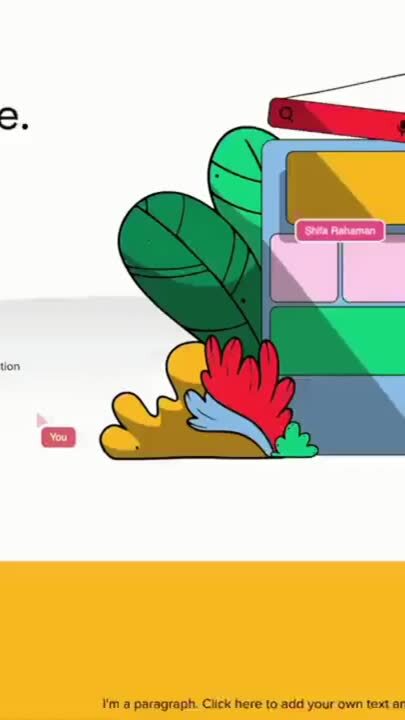Tier 2 customer support is vital to any company's customer service strategy. This is the tier of customer support that deals with more complex issues and provides a higher level of customer service than level one. While we've already covered what level 1 and level 3 support look like in other blog posts, we wanted to take the time to discuss tier 2 customer support and provide examples of what that should look like.
Let's hop to it.
Tier 2 customer support: what is it, anyway?
Tier 2 customer support is the next level up from tier 1 customer support. This is the tier that handles more complex issues and provides a higher level of customer support than tier 1.
Tier 2 customer support is often handled by a different team or individual within the company as they typically have more training or expertise to deal with these types of issues.
While entry-level agents can typically handle level 1 support requests through email or chat, tier 2 support will require more experienced agents. These requests are often phone calls or video calls, as the customer will need to speak to someone who can understand their problem and provide a solution.
Tier two support may also require special billing and refund permissions or the use of admin access. It may even require cobrowsing, which is where agents can view and control a customer's screen to provide assistance or session replays, where agents and developers can watch recordings of customers' interactions with the product.
If there is a more complicated support ticket that requires engineers or developers, it will likely be escalated to level 3 support.
Tier 2 support: some illustrative examples
Now that we've answered the question, "what is tier two customer support," it's time to give some examples of the types of issues that would fall under this category.
Questions relating to billing and refunds
While basic questions about pricing and plans may fall to tier 1 support, tier 2 support will be needed for more complex billing inquiries. This could include questions about refunds, credits, or prorated charges.
Billing and refund issues are often time-sensitive, as customers will want their issues resolved as soon as possible. As such, it's important that tier 2 support is able to handle these types of requests quickly and efficiently. Some examples may include:
- A customer is unsatisfied with a product and wants to cancel their subscription and is requesting a refund.
- A customer notices that they've been charged twice for the same subscription and would like a refund for the overcharge.
- A customer wants to cancel and has requested a prorated refund for the remainder of their subscription.
For tier 2 support to be able to handle these types of issues, they will need to have a good understanding of the company's billing system and refund policy. They should also be familiar with how to process refunds quickly and efficiently.
Advanced product and installation questions
While basic product questions can be handled by level 1 support, more advanced questions may require the expertise of level 2 or level 3 support agents. For example, questions about installation, integration, and data security are best suited for level 2 or level 3 support. This is because these questions often require a deeper understanding of the product, as well as the ability to troubleshoot potential problems.
In addition, level 2 and level 3 support agents are typically more familiar with the product's roadmap and can offer insights into upcoming features and updates. As a result, they are better equipped to handle more complex questions. Some examples include:
- How do I install your product?
- How do I integrate with your API?
- Is there an option to define custom parameters in the data your product captures?
- Can you tell me about your encryption and data security?
Questions that require troubleshooting
When a customer has a problem with your product, they need to be able to rely on your support team to resolve the issue as quickly as possible. That's why it's so important for level 2 support agents to have a strong understanding of the product from a technical standpoint.
They should be able to do basic troubleshooting without involving your development team.
Of course, there will always be some questions that require further investigation, but level 2 support agents should be able to handle the majority of customer inquiries without any trouble. By ensuring that your support team is well-equipped to handle customer issues, you can provide a better overall experience for your customers and reduce the number of escalations to your development team.
Some examples of questions like this include:
- I encountered a bug in your platform — can you help me fix it?
- Why isn't this feature working for me?
- Why is my app crashing?
These types of questions are best answered using a more interactive and collaborative process, such as cobrowsing instead of chat or email. This allows the tier 2 support agent to see the customer's screen and control it to investigate the issue more thoroughly.
Tier 2 support agents should also have session replay and console log software so they can quickly identify technical issues without having to ask their users to explain.
Wrapping things up
Tier 2 customer support is a necessary component of any customer support strategy. By definition, it is the second level of support that handles more complex issues that require more expertise.
Tier 2 customer support issues are often time-sensitive and require a deeper understanding of the product. It's essential to have a team of support agents who are well-equipped to handle these types of inquiries. The success of your product depends on it.


.png)

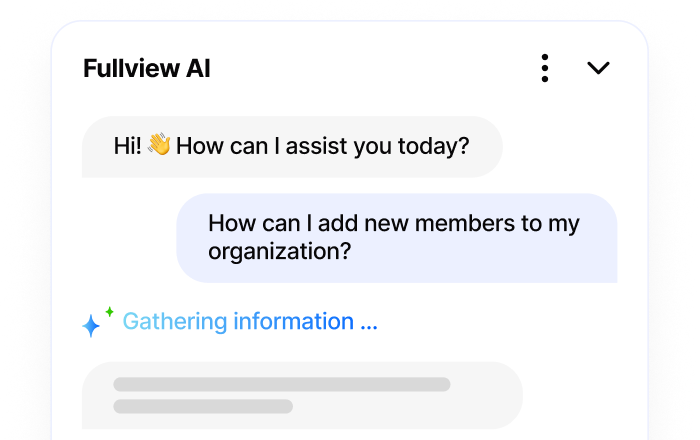
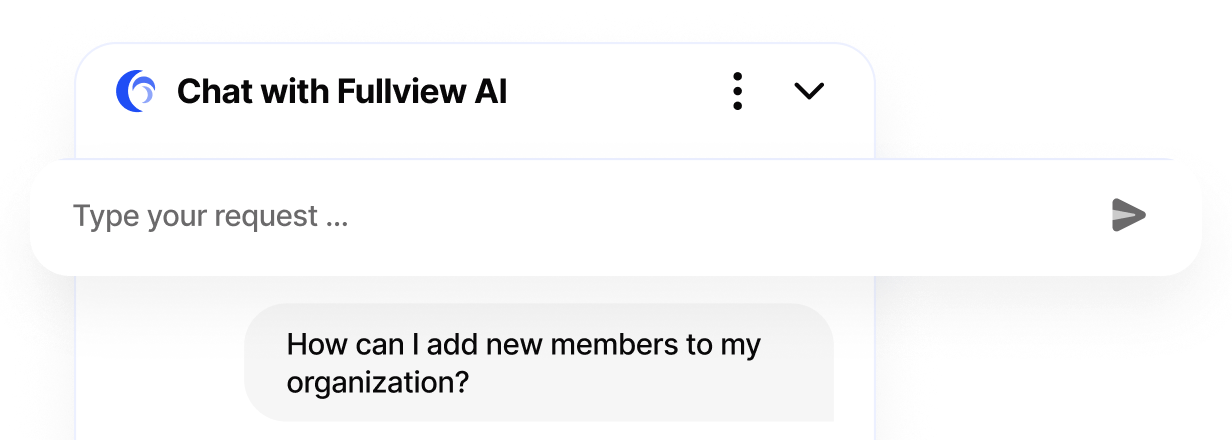
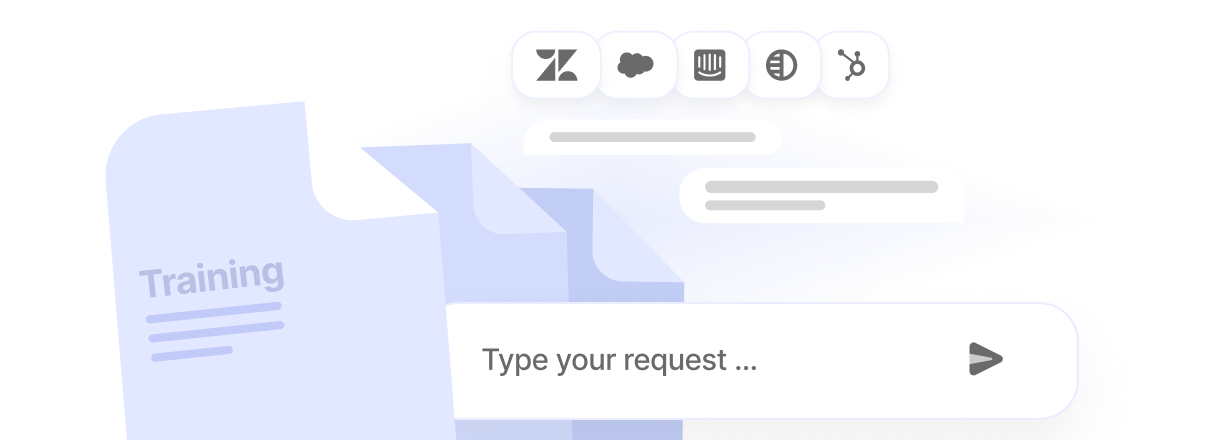
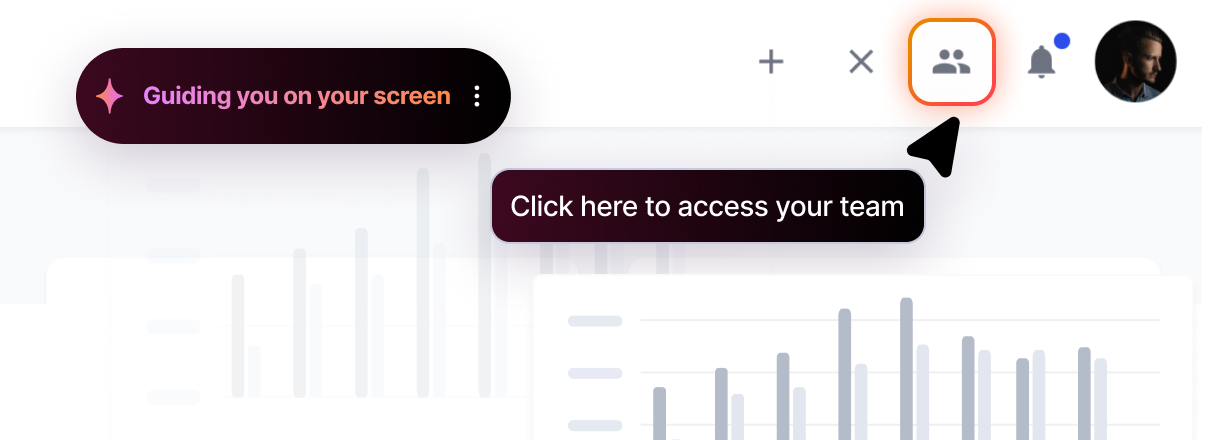
.webp)
